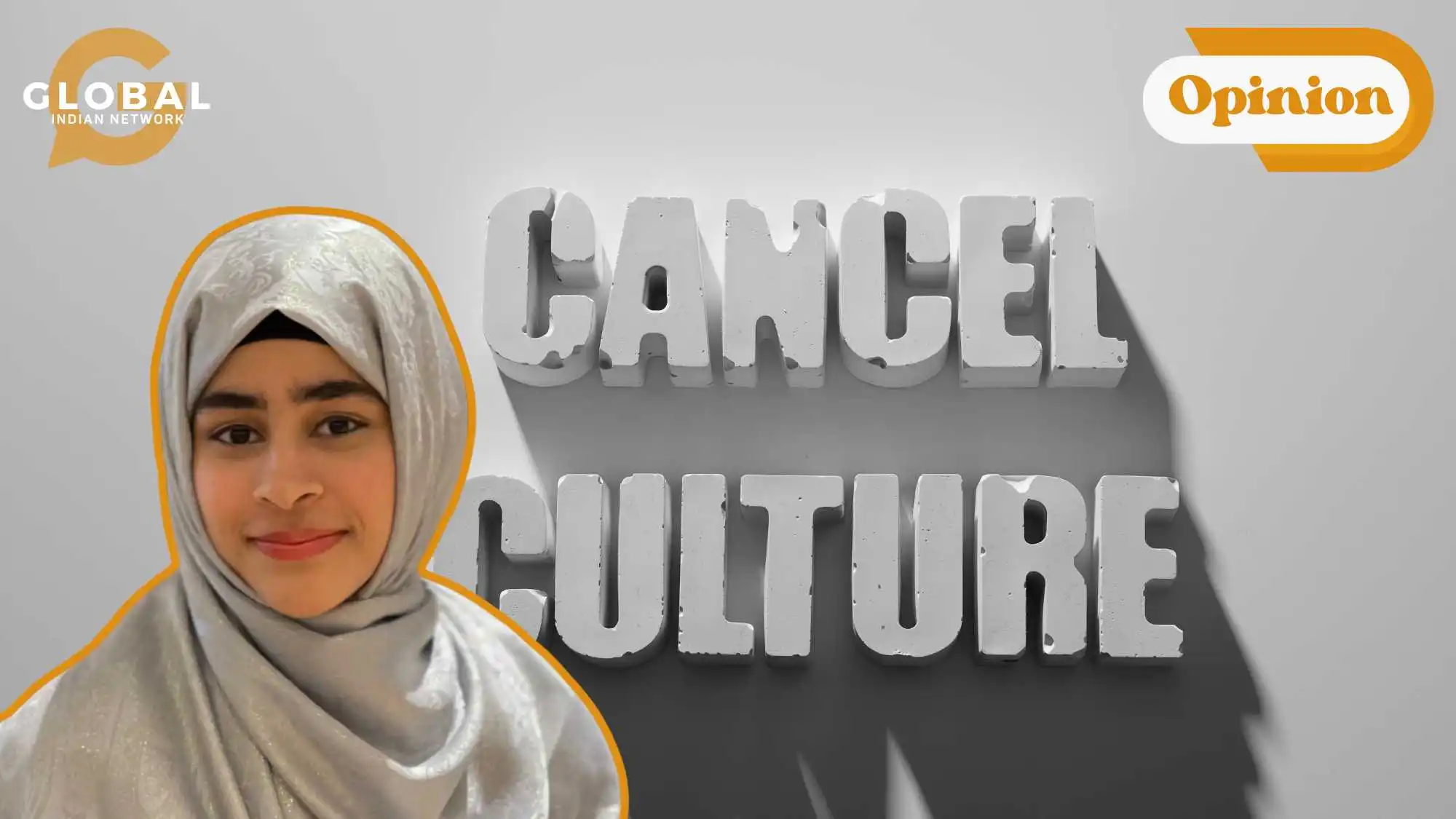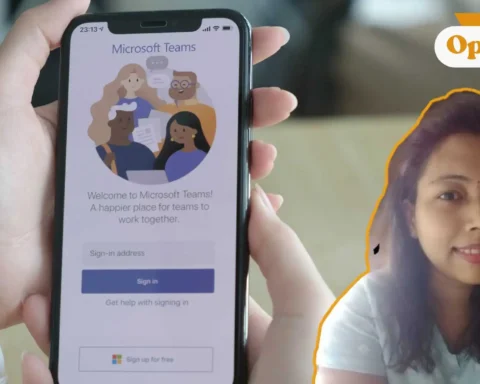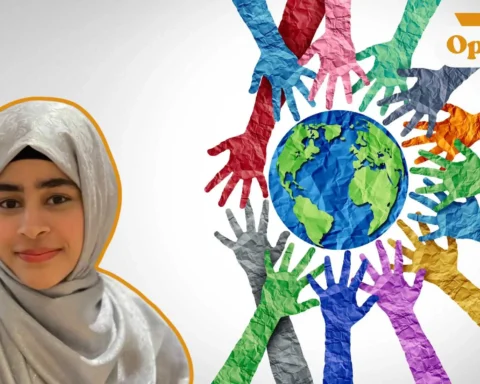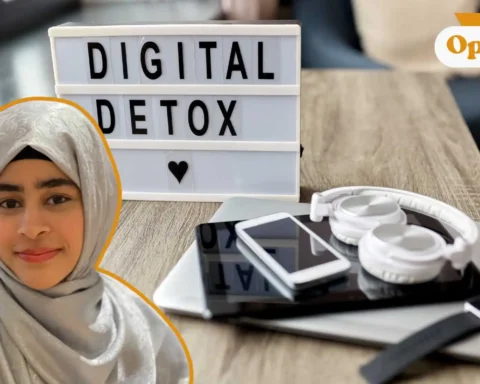Cancel culture can be defined as the practice of public shaming to remove a celebrity status or reputation from a public figure, place, or thing as a way to express disapproval of a perceived unfair type of behaviour.
From numerous celebrities coming to the end of their careers and popular brands being boycotted for their insensitive marketing campaigns, cancel culture has become a defining feature of the current digital age and holds massive power.
However, a question arises: Is cancel culture a powerful tool for progression or, rather, a threat to the freedom of speech?
Cancel Culture as a Tool
One of the most significant benefits of cancel culture is to be able to hold people accountable for their bad behaviour and pave the way for social justice.
The past has seen many people cripple after being taken advantage of with no voices to help them out. Challenging the unfair actions of popular celebrities or big corporations alone was definitely intimidating, to say the least.
However, the rise of social media platforms and their call-out method arising from the black culture calls for accountability - today, marginalised voices are heard loud and clear.
The court of public opinion has been set online, and the system has changed. Many revolutionary movements have come about, such as the #MeToo movement for the issue of sexual harassment and abuse of women in the workplace and the #BlackLivesMatter movement that seeks to fight against racism, discrimination, and racial inequality experienced by black people.
Movements such as these have sparked long-overdue and unresolved conversations on social injustice. Moreover, they have created an undeniably powerful force for holding people accountable in a way that was unimaginable in the past.
This has led to companies revising their discriminatory policies and public figures having to apologise and take responsibility for any unfair actions.
LISTEN TO THIS PODCAST: Breaking Barriers: Saim Ali's Insights into Identity, Social Media, and Politics
Drawbacks of the Mob Mentality
While call-out culture has its boons, it does have its dangers when done in the extreme.
The current call-out culture thrives on urgency and depends on the power of the digital mob and its online shaming. This can also often cause a hurried judgement, leading people to come to rushed conclusions and risking the chance of wrongly accusing someone who never did anything wrong in the first place.
For instance, someone could lose their livelihood over a silly tweet they made as a teenager years ago.
The most important drawback of call-out culture is its potential to turn the digital world into a place where everyone is constantly scared of being judged, curbing the concept of free speech. It creates a climate of fear, discouraging anyone with distinctive views and pushing away constructive conversations.
Many describe call-out culture as creating an environment where there is a silent majority sitting back in fear of being reprimanded by a loud minority.
Moreover, call-out culture is often filled with spite, due to which people within the so-called small but loud minority cannot fully express their opinions since their fellow opponents are always looking for a way to win them over.
This is absolutely harmful to free speech and the concept of democracy as a whole. Not just because the minority often wins over the majority but because valuable ideas are being curtained with voices with the mere aim of spreading hate and bringing others down.
Dialogue Over Dichotomy
Coming to the ultimate cancel culture debate: is online call-out culture a tool for progressive growth, or is it a threat to the essence of democracy?
The answer is something in between. The key, perhaps, lies in adopting a more nuanced approach. We should definitely hold people accountable for offensive content and bad behaviour, but at the same time, foster respectful conversations for learning and growth.
Social media platforms could play a crucial role by developing systems that take action towards offensive content while providing resources to educate people on being an empathetic society with cancel culture. For instance, offensive comments must be acknowledged in a manner that can bring about a more positive understanding.
Conclusion
Is online call-out culture a tool for growth or a threat to democracy? It's somewhere in between.
Holding people accountable for offensive content is important, but fostering respectful conversations is crucial. Social media platforms should take action against offensive content and provide resources for empathy and compassionate accountability. Balancing cancel culture means promoting dialogue, addressing offensive behaviour, and holding individuals responsible.
Social media platforms can contribute to a more understanding society. It's up to us to navigate cancel culture while upholding free speech and maintaining accountability.
But what do you think? Is cancel culture a tool for progression or a threat to free speech?
Share your thoughts and ideas in the comments below to get the conversation flowing, or feel free to reach out to us at larra@globalindiannetwork.com.










